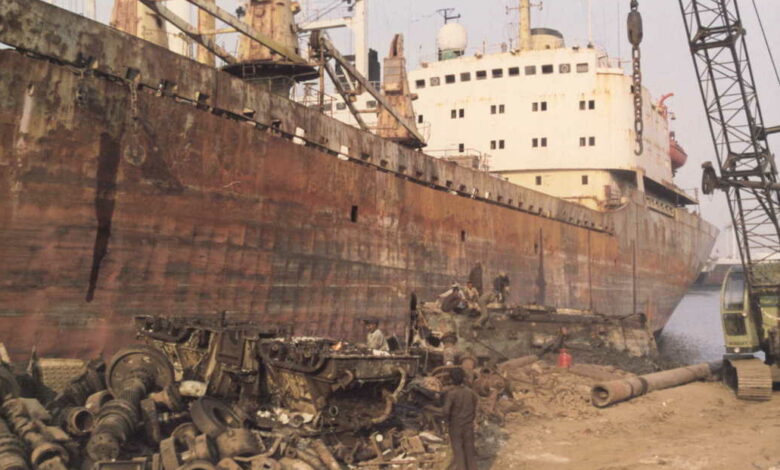Norwegian shipowners turn their backs on beaching

In an op-ed in Dagens Næringsliv, the largest daily business paper in Norway, the Norwegian Shipowners’ Association and their CEO Sturla Henriksen have said a definite “no” to shipbreaking on beaches.
“The turnaround by the Norwegian Shipowners shows us that they now agree with the principle advocated by NGOs for years. Hazardous beaching should not take place in 2015. It is a dinosaur way of doing things, knowing that there are modern and safe solutions,” Sigurd Enge, an advisor to NGO Bellona said.
Norway has become the first country in the world to discourage shipowners from scrapping ships on beaches, Bellona claims.
“On behalf of the NGO Shipbreaking Platform I am happy to announce that the Norwegian Shipowners’ Association now is on our team. This is a breakthrough in the international efforts to end the beaching,” Enge said.
In contrast to Norway’s position, the Danish Shipowners’ Association visited Alang earlier this year and noted that positive developments are underway in some of the scrapping facilities.
Maria Bruun Skipper, director of the Danish Shipowners’ Association (DR) said Alang is a place which has, rightly, been regularly subject to harsh international criticism for its lack of safety and environmental consideration.
“We visited four of the 175 or so scrapping facilities in the area, which it has to be said is a very small proportion and therefore not representative of Alang Beach as a whole. The aim was not to give Alang as a whole the thumbs up or down, but to take a closer look at the improvements that by all accounts some of the facilities in Alang have put in place,” said Skipper.
One conclusion she made is that some of the scrapping facilities in Alang Beach have undergone a positive development in order to comply with the requirements that will be set by the forthcoming Hong Kong Convention.
India implemented the Ship Recycling Code in 2013, which requires undertakings in relation to the environment and the working environment – especially handling of hazardous waste, sampling of water and soil, training of workers and health care.
